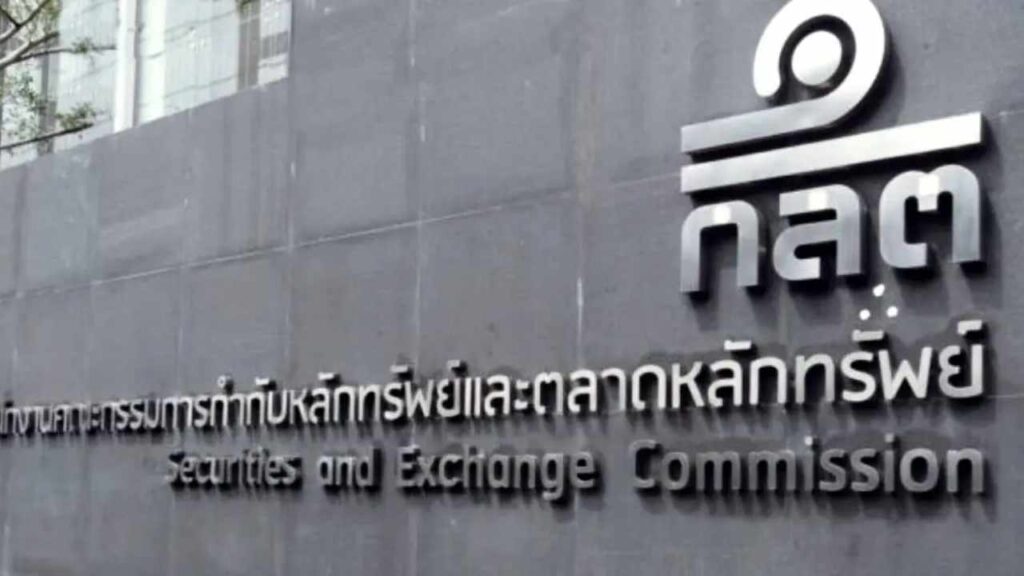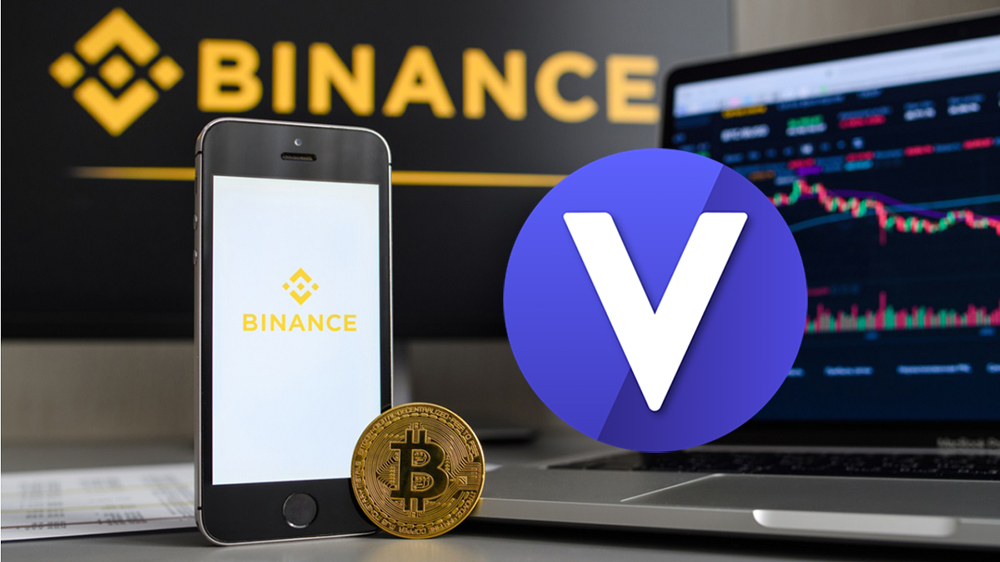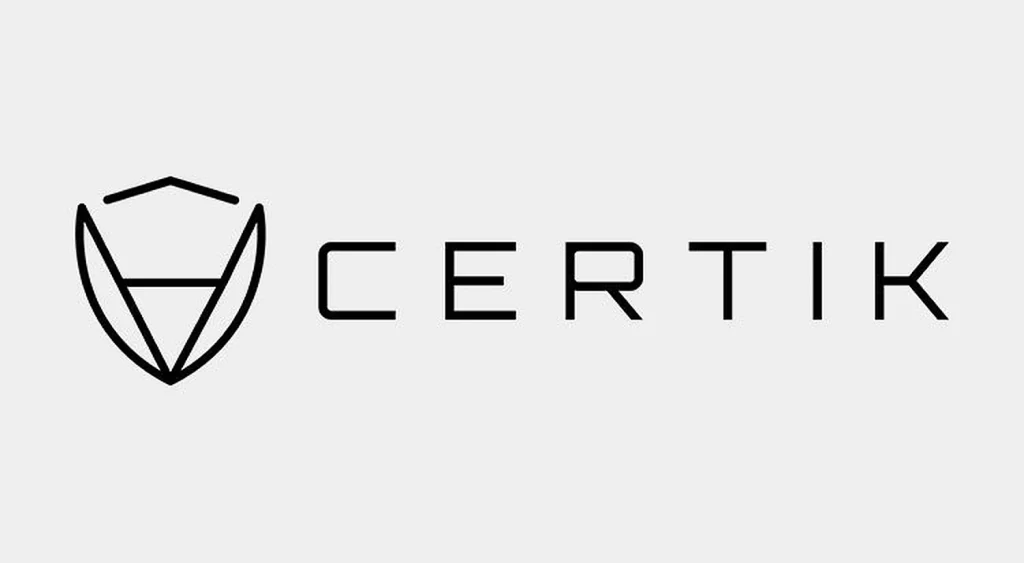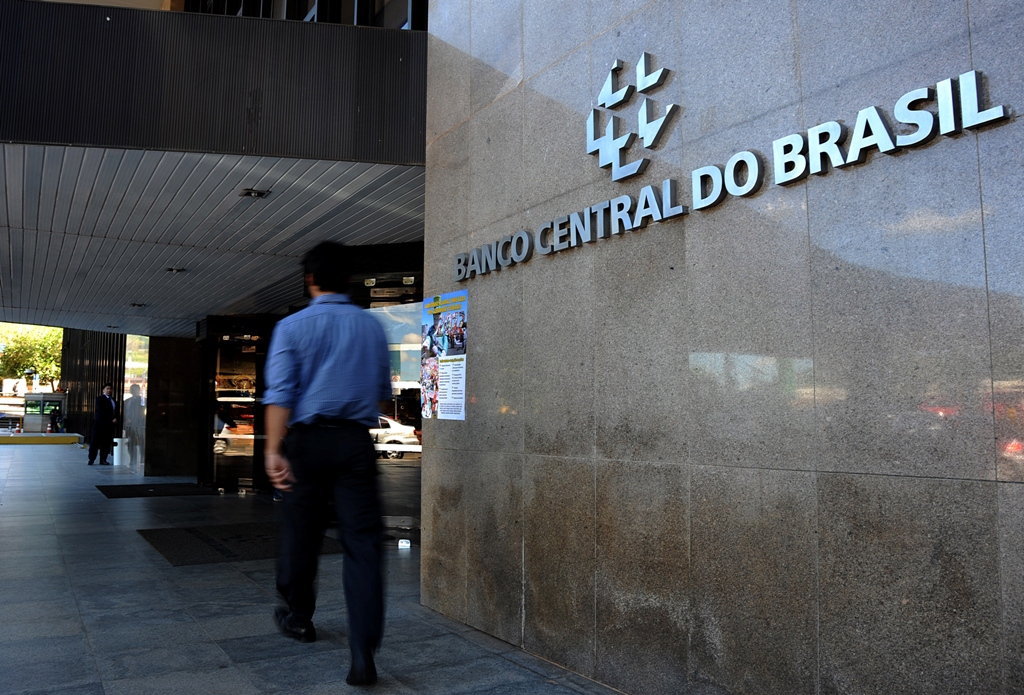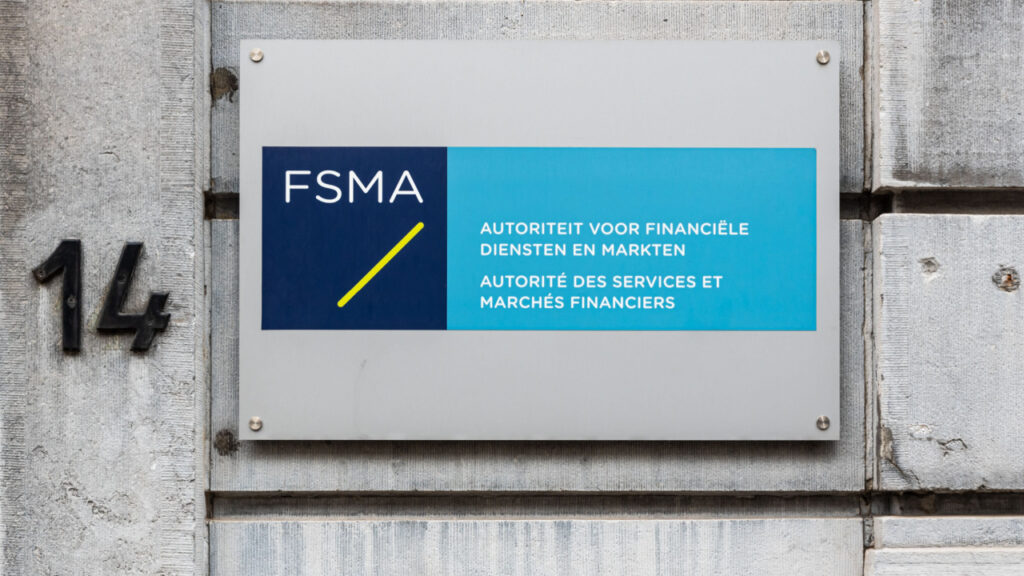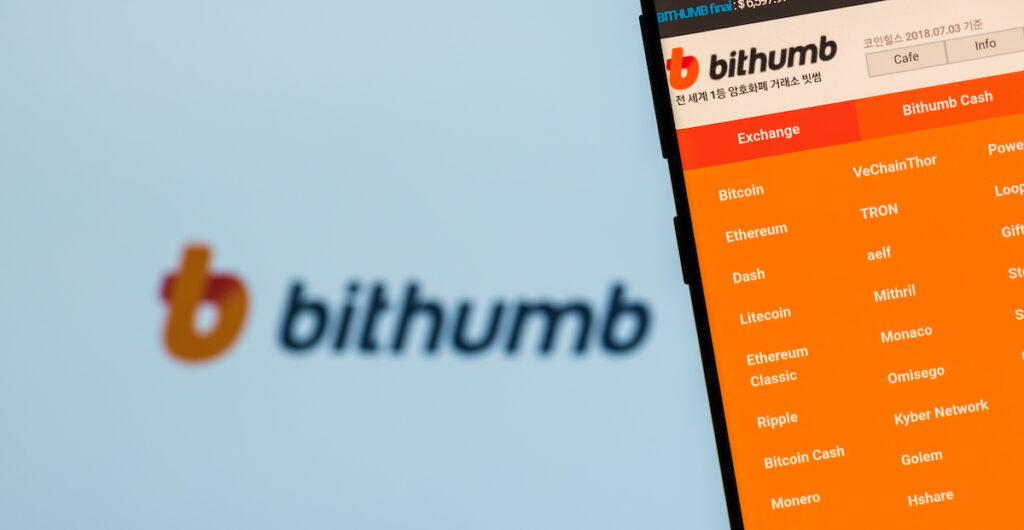Gemini Co-Founder Tyler Winklevoss slammed regulators on 12 January after facing charges of issuing unregistered securities. The US Securities and Exchange Commission (SEC) slapped the firm with charges linked to its “Earn” programme, stating it was “optimizing for political points”
In a Twitter thread, he lambasted the charges as “super lame” and stated they were a “manufactured parking ticket.”
1/ It’s disappointing that the @SECGov chose to file an action today as @Gemini and other creditors are working hard together to recover funds. This action does nothing to further our efforts and help Earn users get their assets back. Their behavior is totally counterproductive.
— Tyler Winklevoss (@tyler) January 12, 2023
He continued that the SEC’s charges were “totally counterproductive” and that it had ongoing talks with the watchdog for over 17 months.
Winklevoss said: “They never raised the prospect of any enforcement action until AFTER Genesis paused withdrawals on November 16th.”
His comments come after the SEC released its statement, which said,
“The complaint further alleges that, in November 2022, Genesis announced that it would not allow its Gemini Earn investors to withdraw their crypto assets because Genesis lacked sufficient liquid assets to meet withdrawal requests following volatility in the crypto asset market. At the time, Genesis held approximately $900 million in investor assets from 340,000 Gemini Earn investors. Gemini terminated the Gemini Earn program earlier this month. As of today, the Gemini Earn retail investors have still not been able to withdraw their crypto assets.”
Gemini-Genesis Crypto Crisis
The news comes after Gemini’s Earn programme kicked off in February 2021 and ended on 8 January. This led to a major partnership with Genesis, a Digital Currency Group (DCG) subsidy, allowing customers to earn additional yield.
Genesis later halted access to the programme, blocking over $175 million in assets. The incident came amid the ongoing FTX collapse, leading to further issues.
Earn Update: An Open Letter to the Board of @DCGco pic.twitter.com/eakuFjDZR2
— Cameron Winklevoss (@cameron) January 10, 2023
According to reports, Genesis must pay roughly $900 million USD to around 340,000 Gemini Earn users. Gemini co-founder Cameron Winklevoss revealed the details in an open letter.


